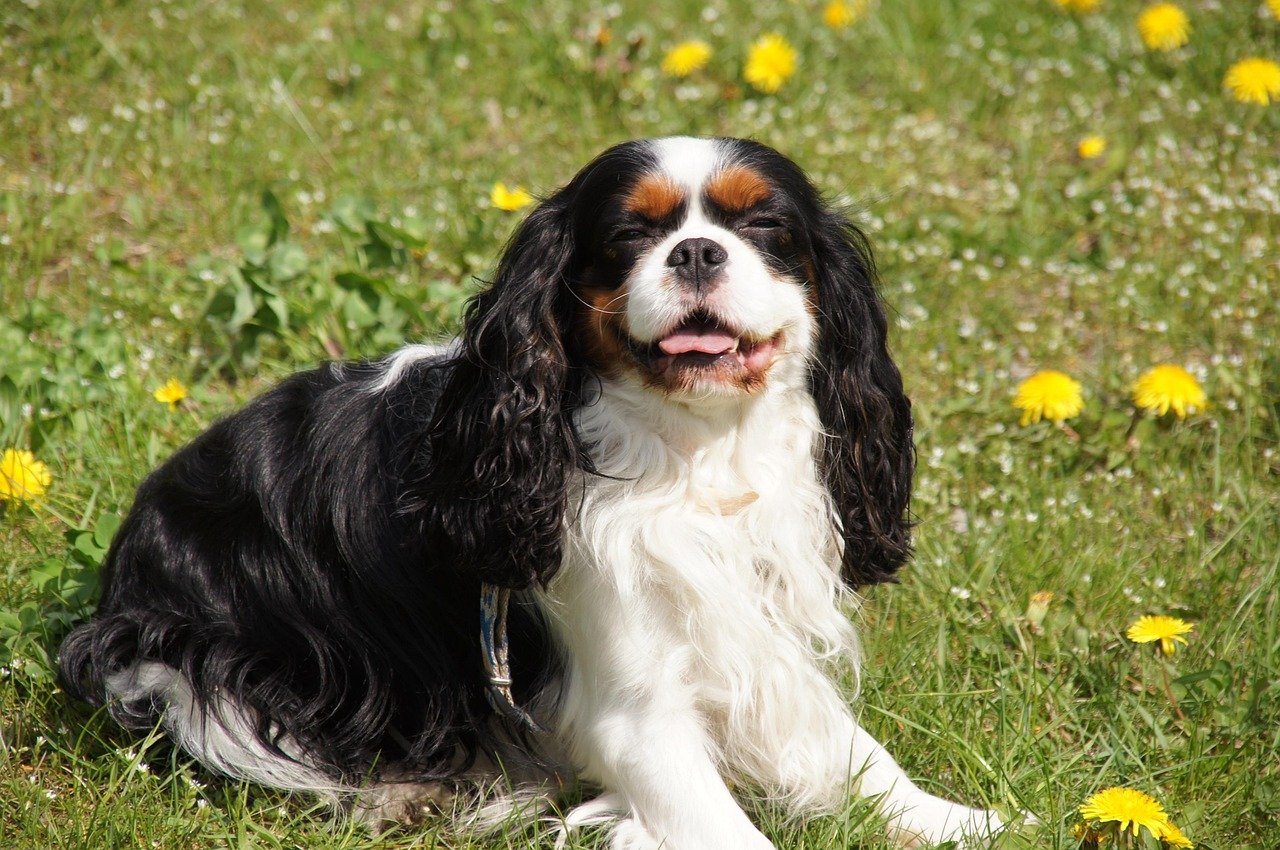We’ve all had those moments when life feels overwhelming, and suddenly a gentle dog appears to make everything better. Some dogs have an almost magical ability to melt away stress with just one look from their soulful eyes or a warm snuggle. But here’s something most people don’t expect – not every breed is a natural-born therapist.
While many breeds have healing powers that rival expensive spa treatments, others can turn your peaceful home into a whirlwind of chaos faster than you can say “bad dog.” From the ultimate zen masters to the four-legged stress machines, let’s explore which dogs bring instant calm and which ones might send your anxiety through the roof.
Golden Retriever – The Ultimate Emotional Support Champion
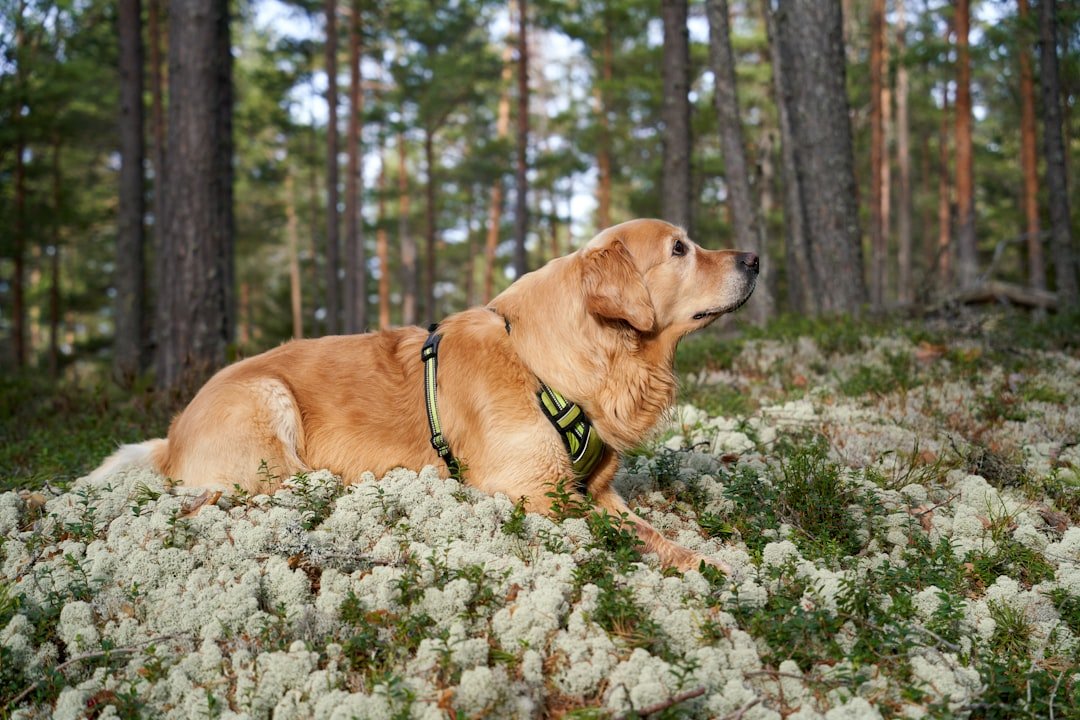
When it comes to calming presence, Golden Retrievers typically have a calming presence and are nothing if not calm and loving companions. These golden-coated angels seem to have a sixth sense for human emotions, appearing at your side exactly when you need them most. Their gentle eyes and patient demeanor make them perfect for anyone dealing with stress or anxiety.
What makes Golden Retrievers truly special is their exceptional knack for reading emotions makes them stand out, naturally attuned to your feelings, they act as a calming presence, especially when you’re dealing with emotional highs and lows. Whether you’ve had the worst day at work or you’re feeling overwhelmed by life’s pressures, these furry therapists know exactly how to provide comfort without being pushy or demanding attention.
Labrador Retriever – Your Happy-Go-Lucky Stress Buster

Known for their happy-go-lucky personalities, Labs make the world a brighter place. These dogs have an infectious optimism that’s nearly impossible to resist. When you’re feeling down, a Labrador’s enthusiasm can lift your spirits within minutes, and their loyal nature means they’ll stick by your side through thick and thin.
Labs are also excellent “icebreakers” for people who suffer from anxiety in social situations thanks to their friendly, outgoing personalities. Their natural ability to connect with people and other dogs makes them perfect companions for those who struggle with social anxiety or depression. Plus, their moderate exercise needs can actually help you get moving, which naturally boosts mood-lifting endorphins.
Cavalier King Charles Spaniel – The Gentle Lap Therapy Specialist
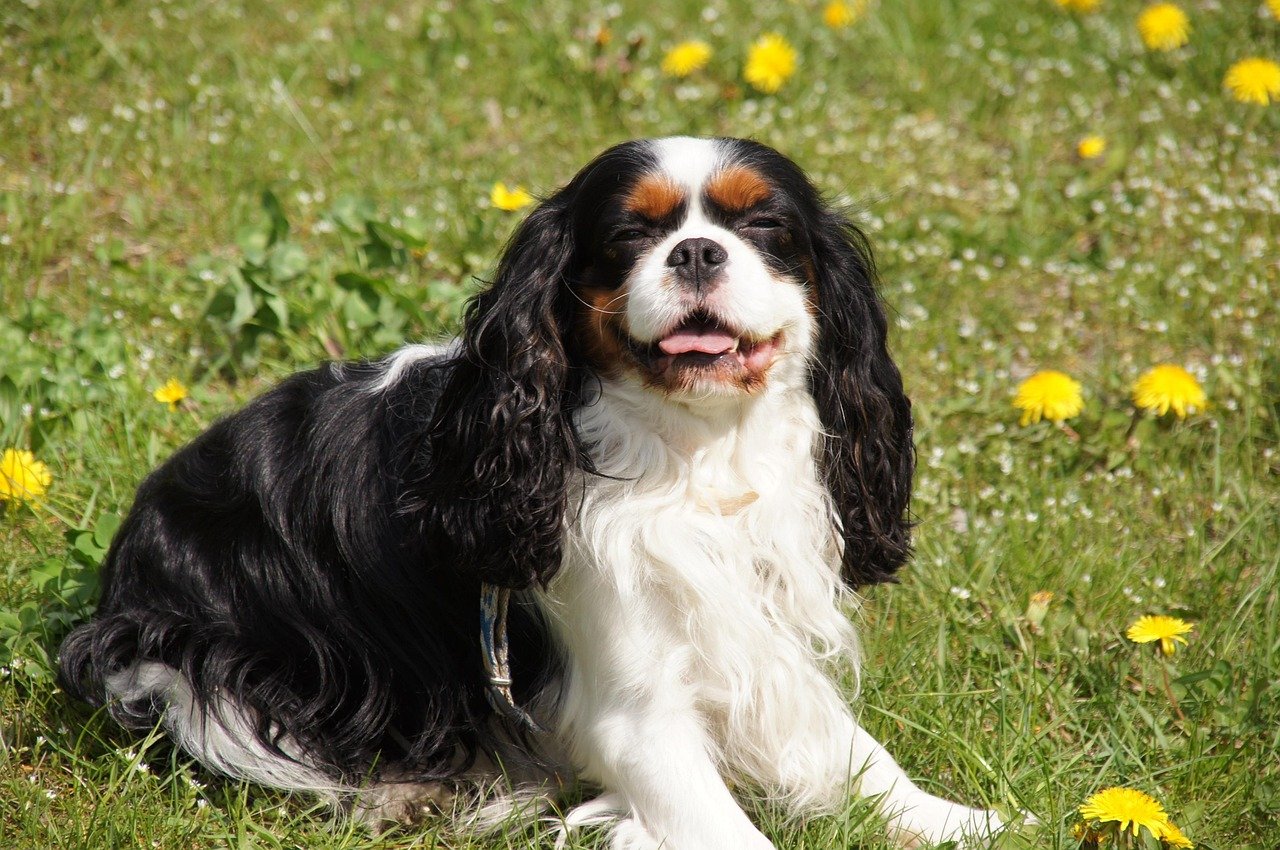
Cavalier King Charles Spaniels are frequently trained to become therapy dogs, and it’s easy to see why. These gentle and affectionate dogs are natural companions who are happy to be petted and fussed over by people of all ages. Their compact size makes them perfect lap dogs, while their sweet temperament ensures they never overwhelm their human companions.
These spaniels have particularly attuned to human emotions, making them excellent, empathetic companions for emotional support. They seem to understand when you need quiet comfort versus playful distraction, adjusting their energy accordingly. Their silky coats and expressive eyes create an almost therapeutic experience when you’re stroking their fur during stressful moments.
Pug – The Cheerful Mood Lifter
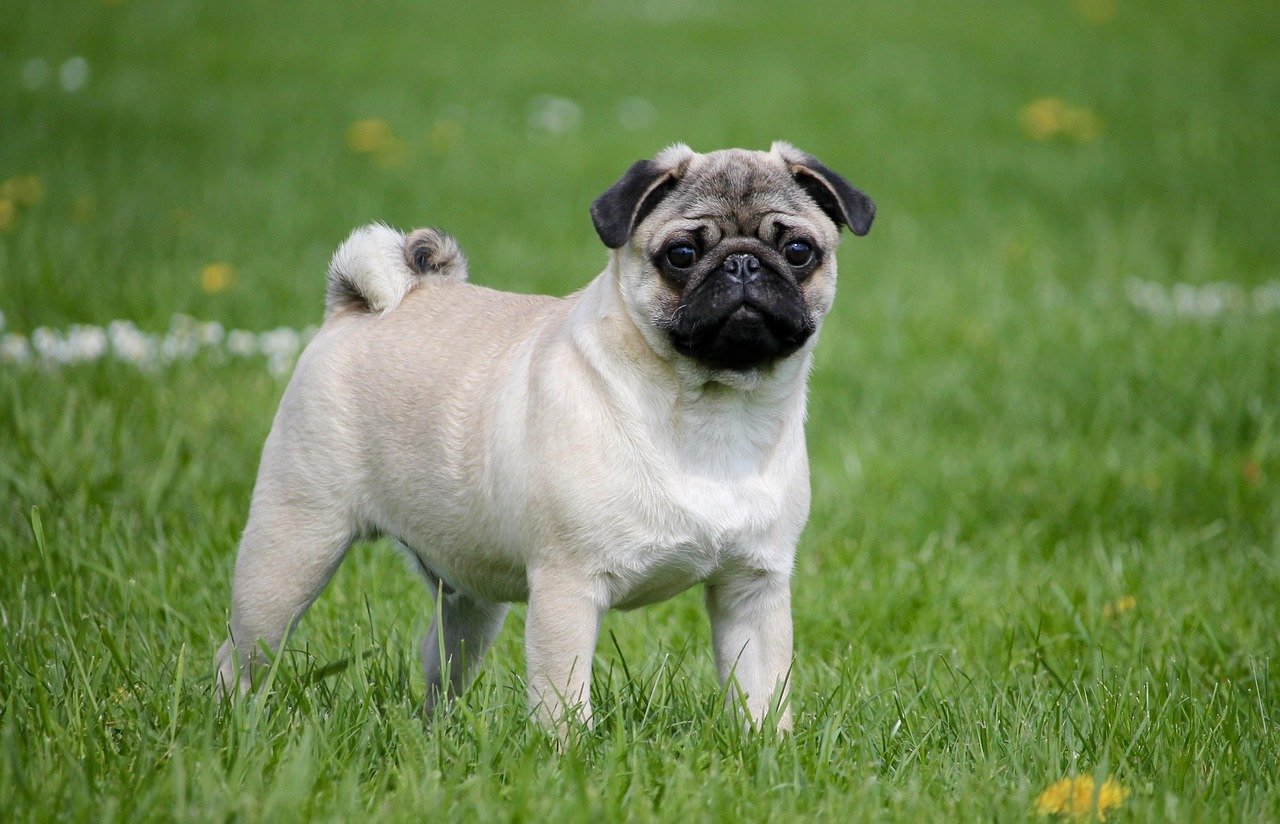
Even-tempered, outgoing, loving, affectionate, calm, and playful – there’s so much to love about the Pug. These wrinkly-faced comedians have a unique ability to make you laugh even when you’re feeling your worst. Their naturally clownish personality and expressive faces can turn any frown upside down within seconds.
What’s remarkable about Pugs is they have many human-like expressions such as surprise and happiness, making them incredibly relatable companions. When life gets overwhelming, having a Pug around feels like having a supportive friend who never judges and always finds a way to bring lightness to heavy situations. Their calm disposition means they’re content to simply be near you, providing comfort through their presence.
Bichon Frise – The Fluffy Cloud of Serenity
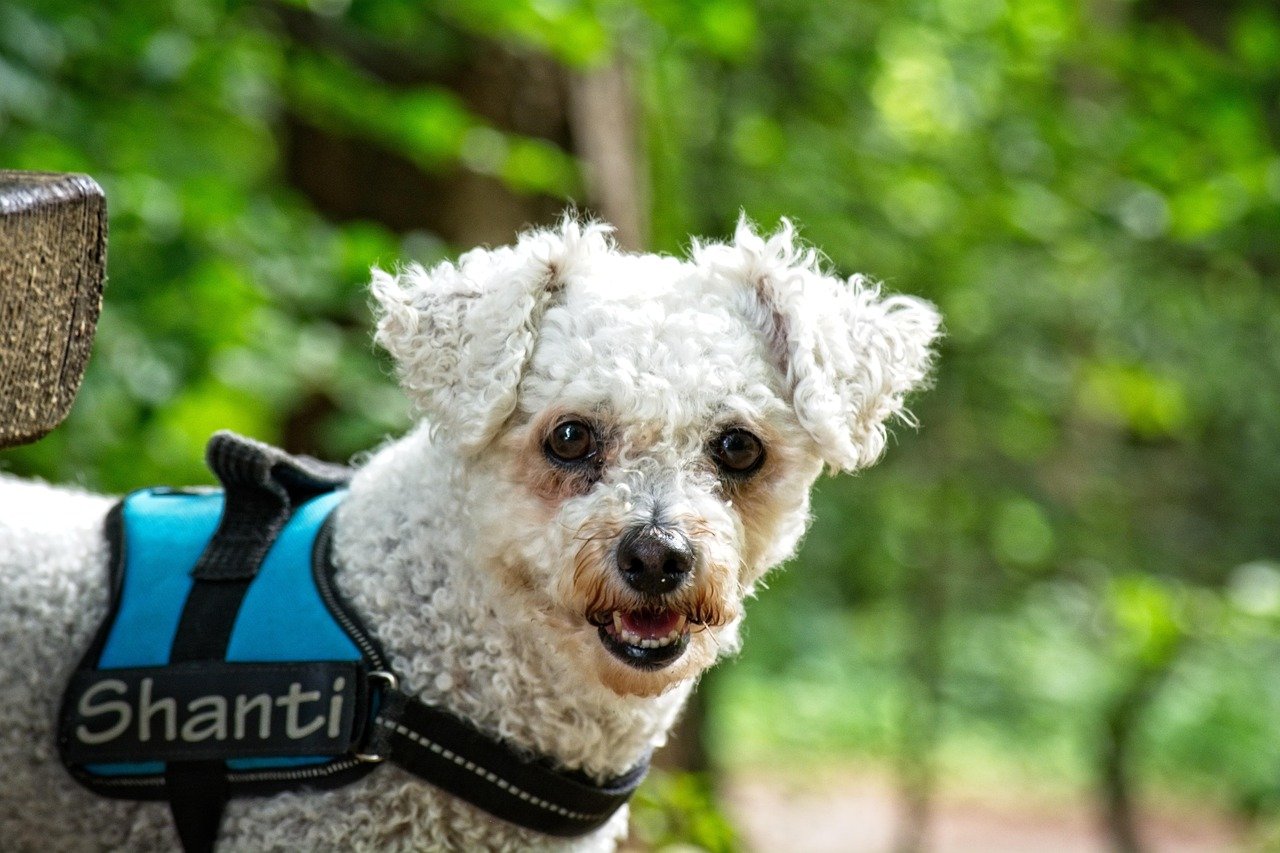
Known for their gentle manners, cheerful spirits, and unbridled affection, Bichon Frises are among the most comforting lap dogs. These cotton ball-like companions have an almost ethereal quality that instantly soothes frayed nerves. Their hypoallergenic coats make them accessible to more people, while their naturally happy disposition brightens any room they enter.
Though they can be lively and playful, their calm temperament and adaptability shine in therapy settings. The Bichon Frise is a perfect match for individuals who require emotional support in structured environments. They have an innate understanding of when to be playful and when to simply provide quiet companionship, making them excellent emotional regulators for their humans.
Bernese Mountain Dog – The Gentle Giant Hugger
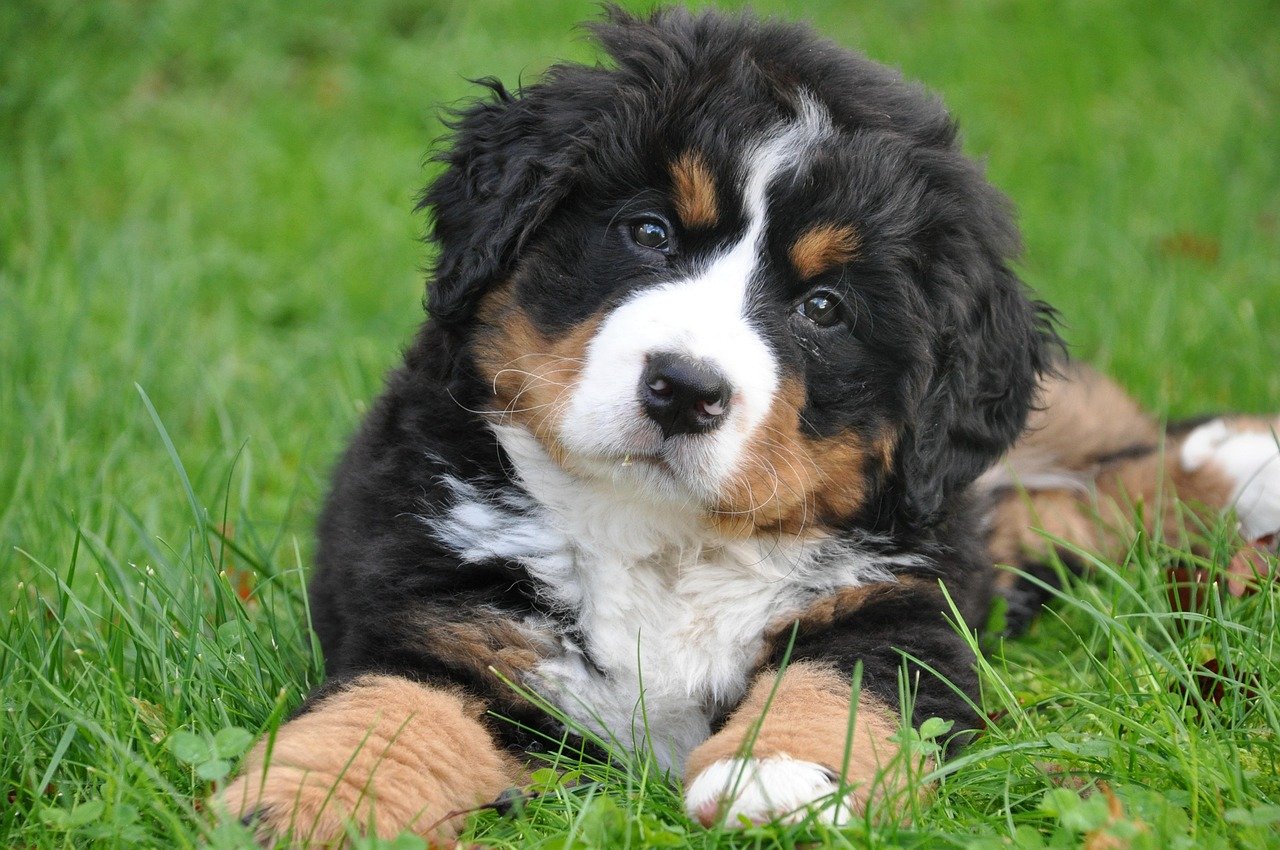
Giant, gentle, and good-natured, Bernese Mountain Dogs form strong attachments to their people. These magnificent dogs offer something smaller breeds can’t – the feeling of being completely enveloped in furry comfort. When anxiety strikes, nothing beats the grounding sensation of a massive, gentle dog leaning against you with pure love.
Bernese Mountain dogs possess a calm and affectionate temperament. Always eager to please their owners, Bernese Mountain dogs don’t shy away from hard work. Their patient nature and willingness to simply exist peacefully in your space make them ideal for people who need substantial emotional support without high-maintenance requirements.
Poodle – The Intelligent Emotional Reader
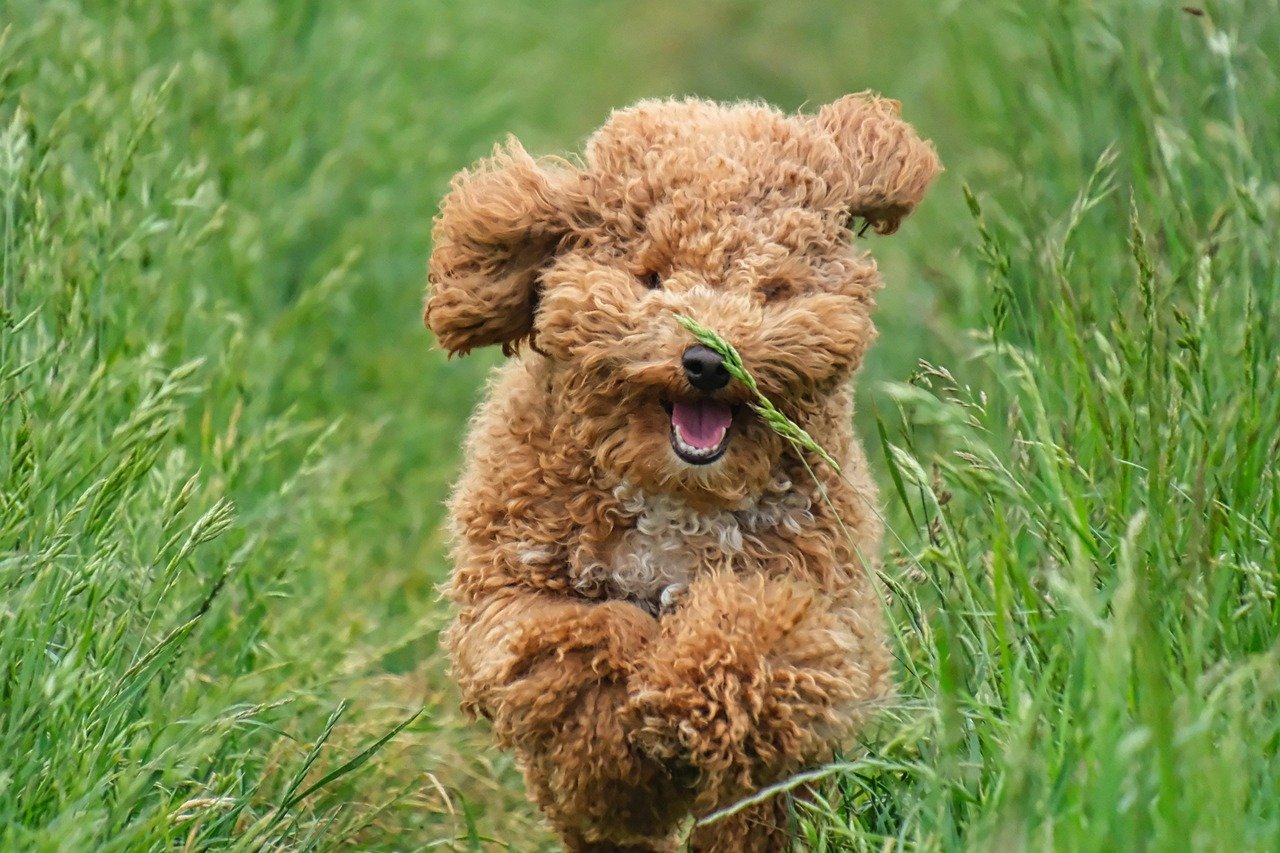
Because of their sensitive nature, Poodles can often pick up on the moods of people they’re close to. This remarkable emotional intelligence makes them exceptional at providing exactly the type of support you need in any given moment. Whether you need energetic distraction or quiet companionship, Poodles seem to instinctively know what will help most.
Poodles are excellent family dogs and generally have a calm disposition, making them suitable for various household dynamics. Their high intelligence means they can be trained to perform specific comfort behaviors, and their hypoallergenic coats make them accessible to people with allergies who might otherwise miss out on canine companionship.
Irish Wolfhound – The Gentle Soul in Giant Form
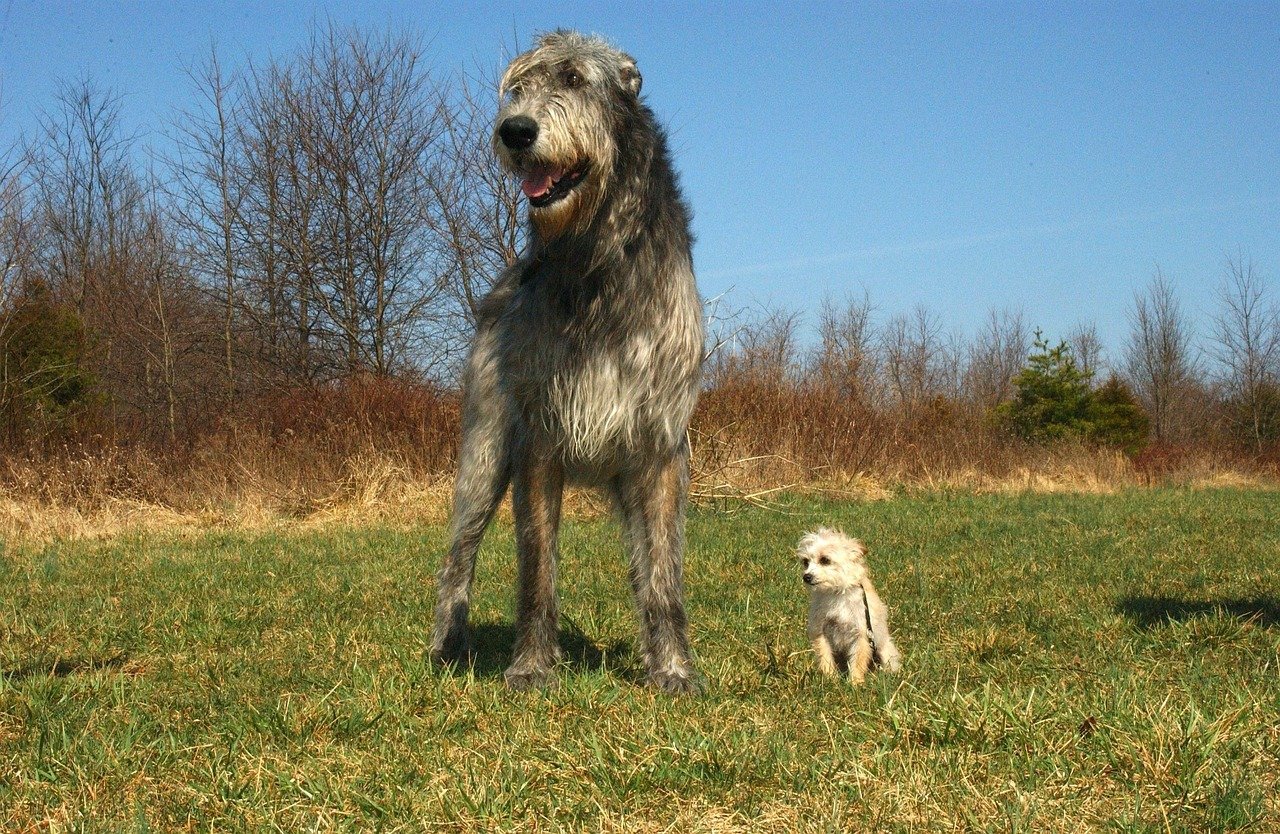
Though massive, Irish Wolfhounds love to gently cuddle with their people 24/7. These towering sweethearts might look intimidating, but they’re actually gentle giants who provide comfort through their sheer, calming presence. Their size means they can offer something like a living, breathing weighted blanket for anxiety relief.
Despite their massive and hairy physique, Irish Wolfhounds are among the most sensitive breeds, effortlessly tuning into human emotions. This sensitivity makes them a popular choice as emotional support dogs. When you’re feeling small and vulnerable, having such a large, protective companion by your side can provide an incredible sense of security and peace.
Havanese – The Adaptable Stress Soother
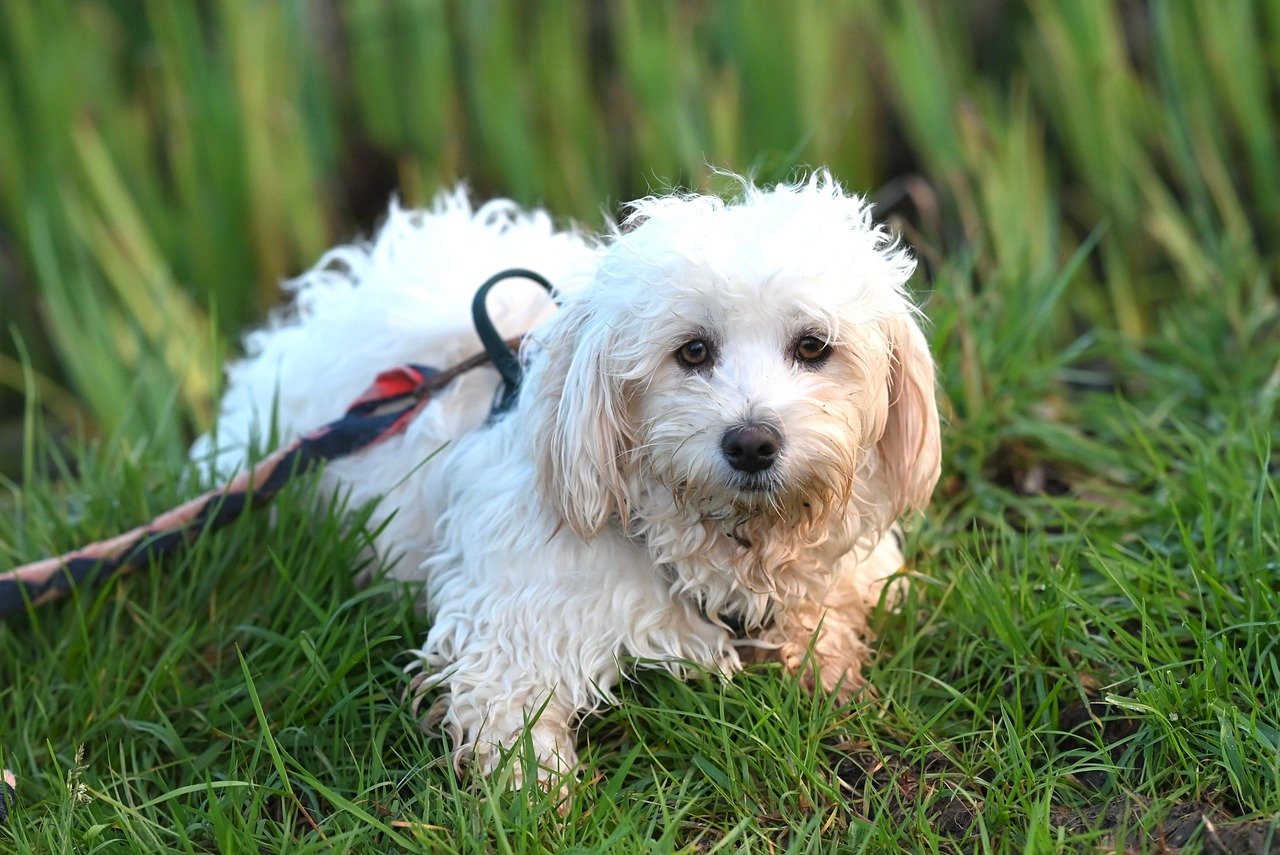
These smart, social dogs have relaxed attitudes and adaptable natures – and they’re downright adorable. Havanese dogs excel at reading the room and adjusting their energy to match what their humans need. They’re equally content playing games or simply curling up for quiet cuddle sessions, making them versatile emotional support companions.
Their small size makes them perfect for apartment living or travel, ensuring your emotional support companion can accompany you wherever life takes you. The Havanese temperament strikes a perfect balance between playfulness and tranquility, offering stress relief without adding chaos to your living situation.
Yorkshire Terrier – The Tiny Emotional Powerhouse

Craving human contact, the Yorkie is a calming companion you can carry around with you. These pocket-sized therapists pack enormous amounts of love into their tiny frames. Their portability means you can take your emotional support everywhere, and their devotion ensures they’re always tuned in to your emotional needs.
Yorkshire Terriers are known for their affectionate and loyal nature, which can provide their owners with comfort and security. Their small size makes them easy to bring along, helping individuals feel less isolated and more confident in social settings. When anxiety strikes in unfamiliar places, having a loyal Yorkie companion can provide the confidence boost needed to navigate challenging situations.
Border Collie – The Overstimulated Stress Generator
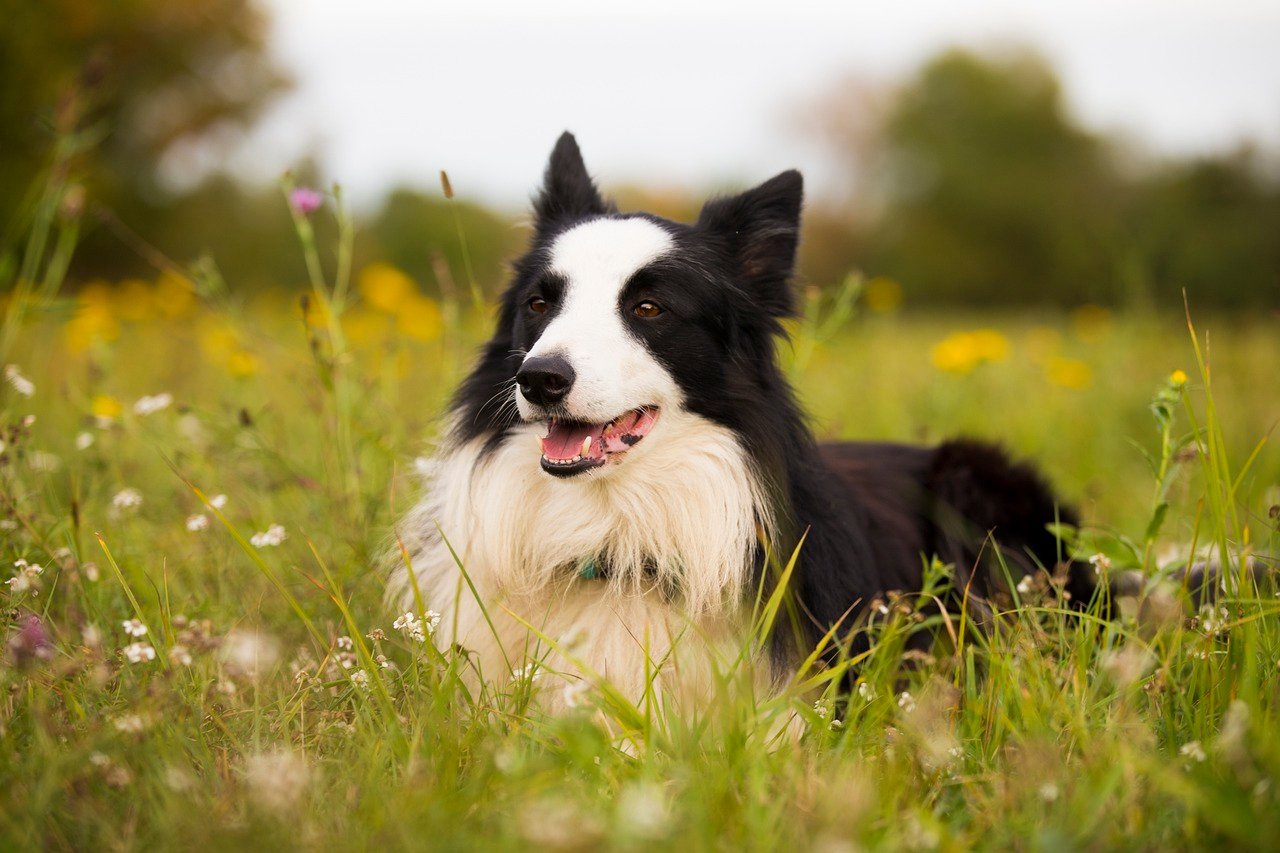
Border Collies’ very traits can also predispose them to severe anxiety. Their high intelligence and energy levels mean that they require constant mental and physical stimulation; without it, they can quickly become anxious and exhibit behaviors such as obsessive pacing, barking, and destructive chewing. These brilliant dogs can turn from delightful companions to stress-inducing whirlwinds when their intense needs aren’t met.
What makes Border Collies particularly challenging is they are a highly intelligent breed and require constant mental engagement (like puzzles, tricks, or training). Without proper stimulation, these dogs may develop anxiety-driven behaviors like excessive barking or compulsive habits. Their restless energy and demand for constant engagement can leave even the most dedicated owners feeling mentally and physically exhausted rather than relaxed.
Jack Russell Terrier – The High-Energy Chaos Creator
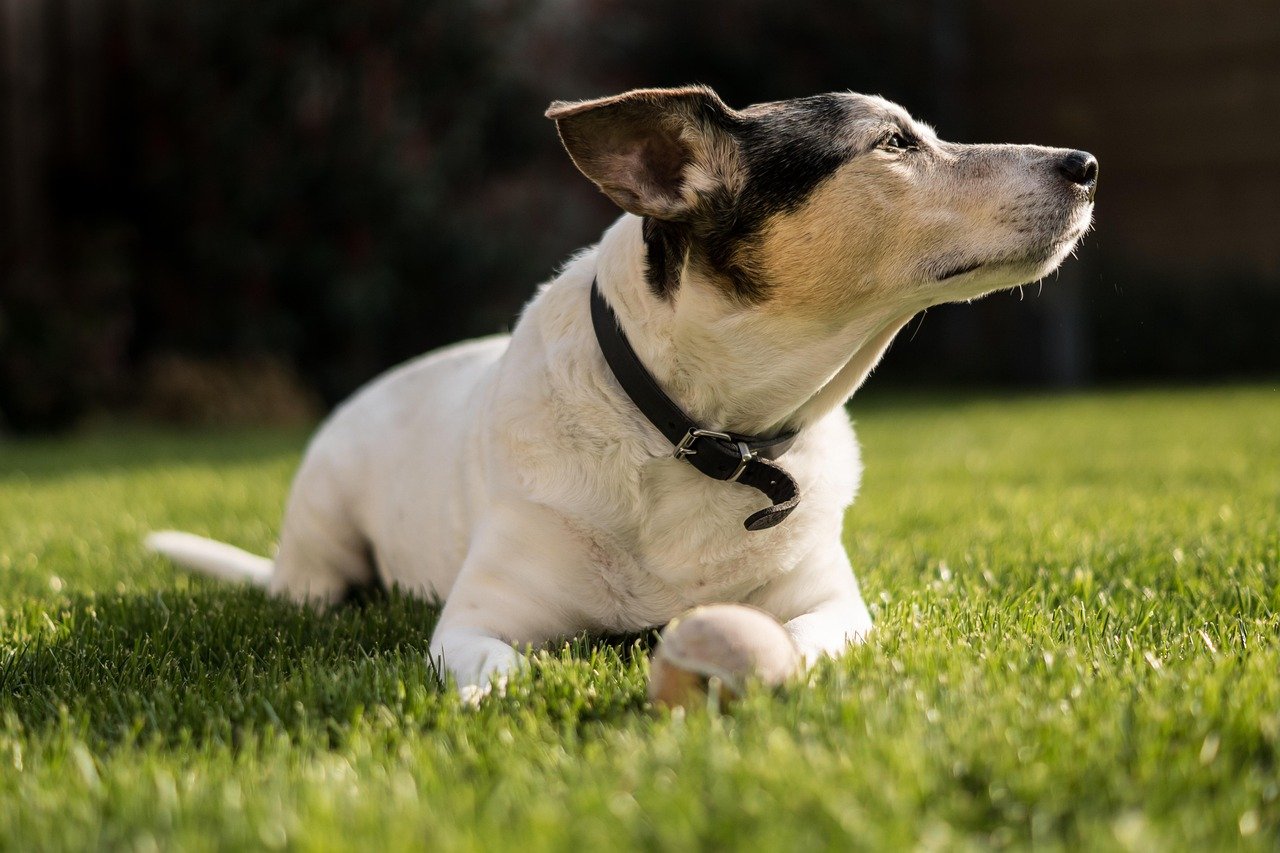
Jack Russell Terriers are small in size but large in personality, known for their fearless nature and boundless energy. Originally bred for fox hunting, their high prey drive and stamina mean they require lots of physical and mental stimulation. Without it, they can quickly become anxious and engage in destructive behaviors such as digging and excessive barking. These tiny tornados can transform a peaceful home into a high-stress environment within minutes.
The challenge with Jack Russells lies in their highly intelligent and can become bored easily, leading to anxiety when not provided with enough activity or attention. Their strong personalities require consistent, firm training from an early age to manage anxiety. For someone seeking relaxation, these dogs’ constant need for action and stimulation can become overwhelming rather than soothing.
German Shepherd – The Overprotective Anxiety Amplifier
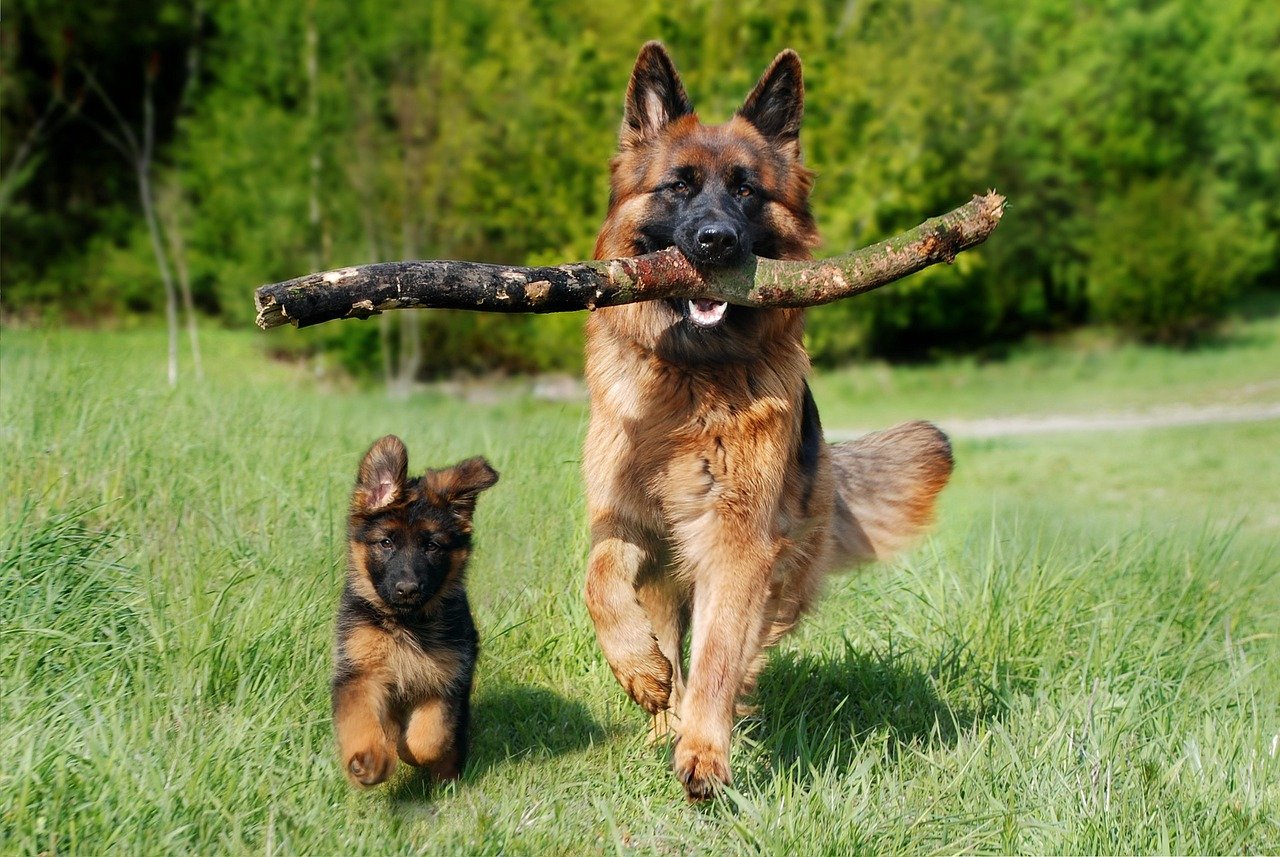
German shepherds are herding dogs that enjoy leading and directing others. They are obedient, trainable, and intelligent dogs. But, prolonged separation times and lack of adequate physical activity can cause anxiety in German shepherds. Their protective instincts, while admirable, can create a heightened state of alertness that increases household tension rather than reducing it.
Both German Shepherds and Australian Shepherds tend to bond tightly to their owners, which also makes them great guard dogs. This strong connection means they often suffer when their owner leaves them alone for long periods of time. Their intense loyalty and protective nature can create an environment where you feel constantly watched and monitored, making it difficult to truly relax and unwind in your own home.
Siberian Husky – The Dramatic Escape Artist
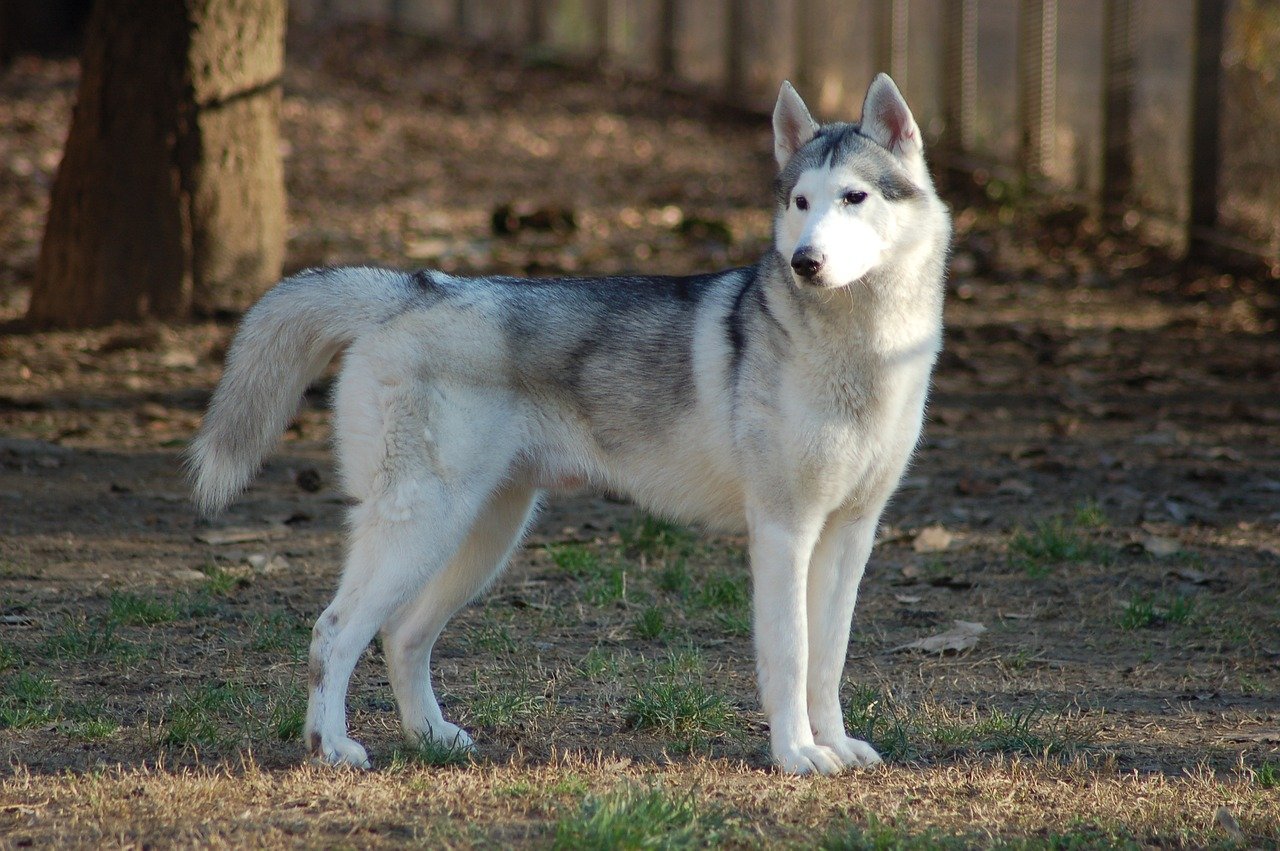
Denton says high energy breeds are probably not ideal for people with anxiety. Breeds like Border Collies and huskies have more needs in general (lots of outdoor time, mental stimulation, risk of separation anxiety) and their wild vibes may be bad for an anxious human. Huskies are notorious for their dramatic vocalizations and theatrical behaviors that can escalate stress levels rather than calm them.
These beautiful but challenging dogs have boundless energy, independent streak, and stubborn tendencies can make everyday situations – walks, social gatherings, or even simple errands – a potential source of stress for owners who aren’t ready for their spirited personalities. Their escape artist tendencies and vocal protests can create constant worry and vigilance, turning what should be relaxing dog ownership into a high-stress management challenge.
Australian Shepherd – The Herding Stress Machine
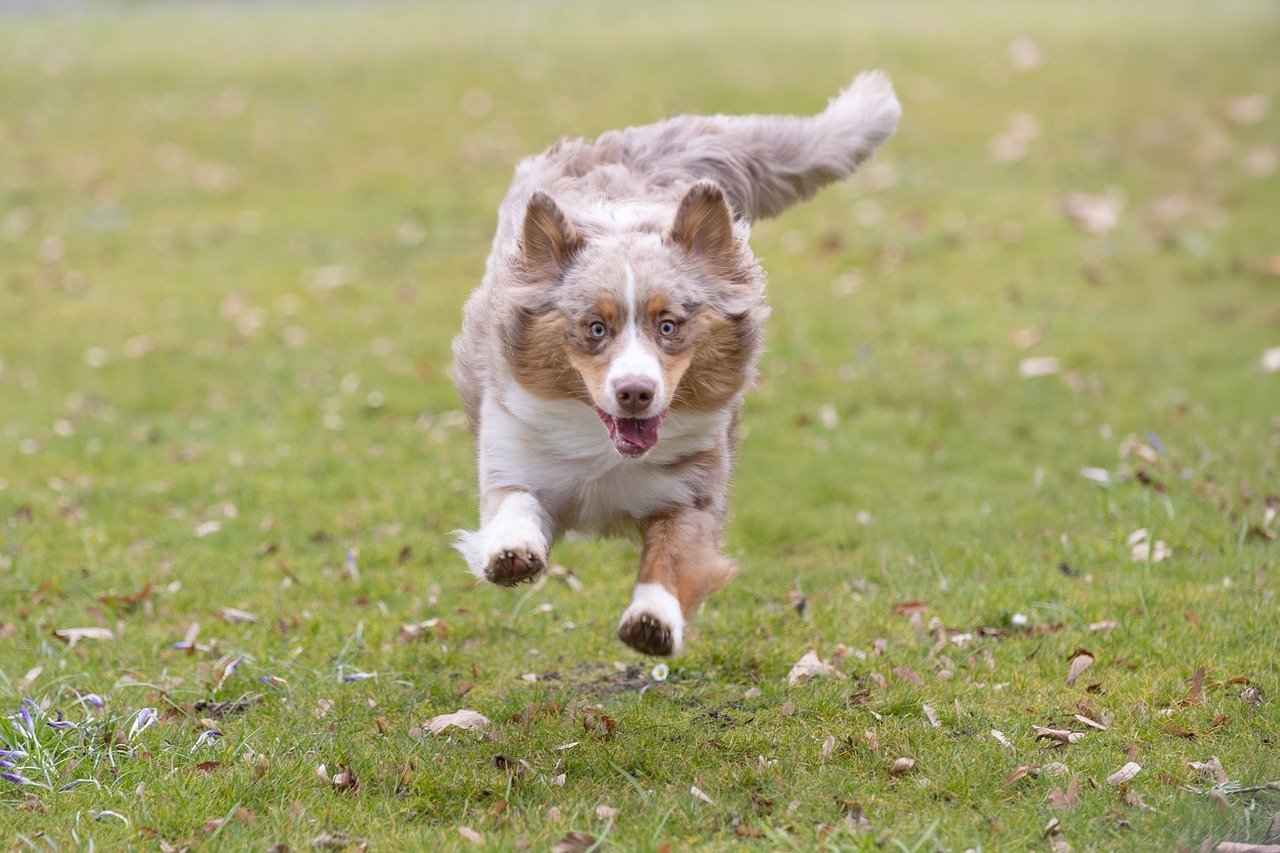
Australian Shepherds are dynamic, intelligent, and highly energetic dogs that were originally bred for herding livestock. Their boundless energy and sharp minds mean that they require constant engagement and exercise, without which they can develop severe anxiety. These dogs don’t just need physical activity – they crave jobs to do, and without proper outlets, they’ll create their own “work” that usually involves stressing out their humans.
If these instincts are not fulfilled through adequate exercise and herding-like activities, Australian Shepherds may attempt to herd family members, children, or other pets. This behavior is a manifestation of their need to control and organize their environment, which can lead to anxiety and stress if not properly managed. Insufficient exercise and mental stimulation exacerbate these herding behaviors. Living with an understimulated Australian Shepherd can feel like sharing your home with an anxious workaholic who never takes a break.
Conclusion
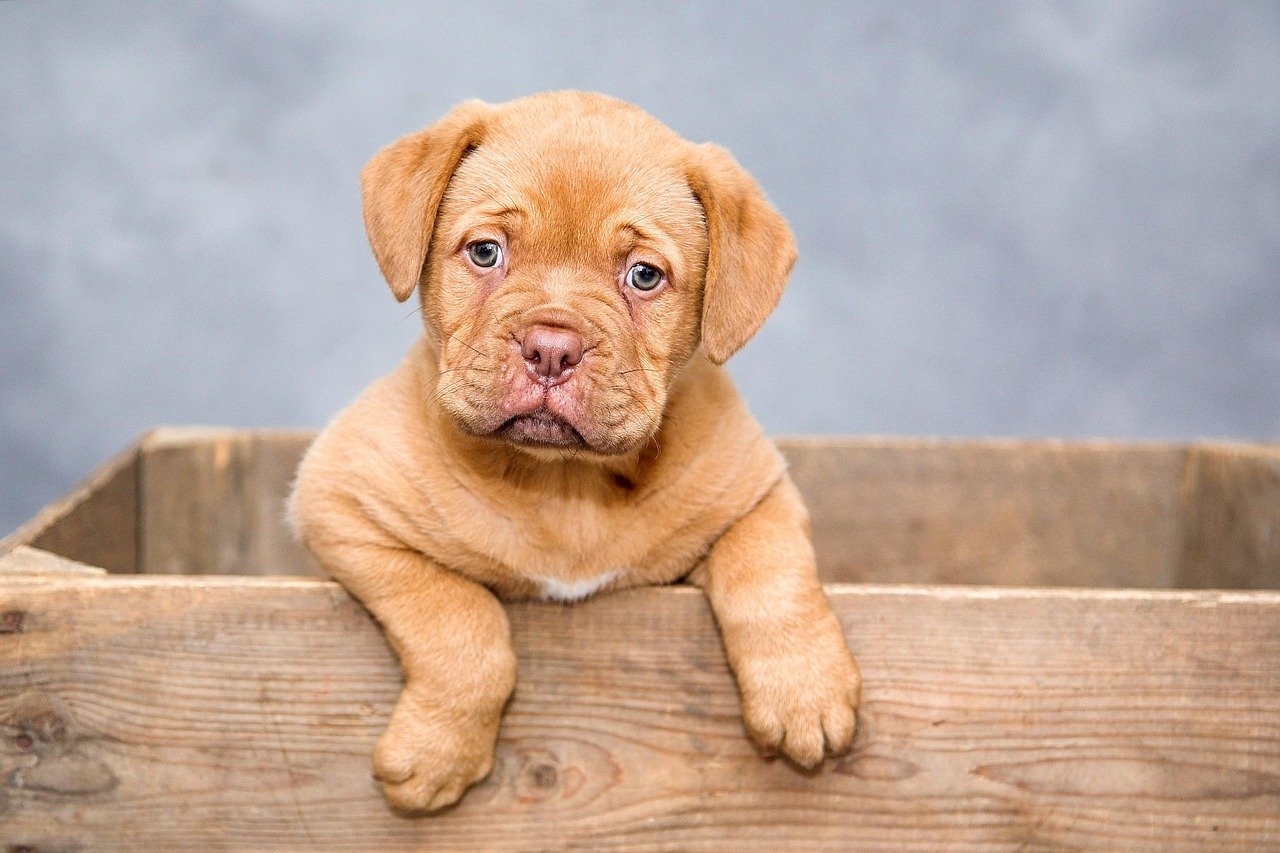
The right dog can be better than any meditation app or stress-relief technique, offering unconditional love and instant comfort when life gets overwhelming. While breeds like Golden Retrievers and Cavalier King Charles Spaniels seem designed by nature to be furry therapists, others like Border Collies and Huskies might test your patience more than soothe your soul.
Remember, every individual dog has their own personality that might defy breed stereotypes, and proper training and exercise can help even high-energy breeds become better companions. The key is honestly evaluating your lifestyle, stress levels, and what you truly need from a canine companion. Sometimes the most relaxing dog isn’t the calmest breed – it’s simply the one whose needs align perfectly with yours.
Whether you’re seeking a gentle giant to lean on or a pocket-sized emotional support specialist, choosing the right breed can transform your daily stress into daily joy. After all, isn’t that what the best friendships are all about?

Esther is from India; the heartbeat of South Asia, holding a Master’s degree in Zoology and a postgraduate diploma in Animal Welfare. Her enthusiasm for animal welfare drives her passion and dedication to working for animals, ensuring their well-being, and advocating for their rights. With a solid academic background and hands-on experience, she is committed to making a positive impact in the field of animal welfare. In her free time, she enjoys embroidery and sewing. As a Chennaite from Tamil Nadu, Esther loves Bharathanatyam, an Indian classical dance form.

